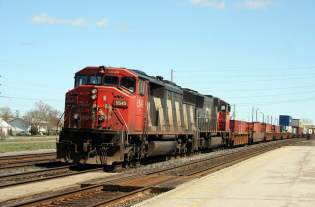Ethiopia is planning to invest US$1bn in industrial parks over the next decade to boost exports, improve the textile sector and enhance the country’s overall position as a major manufacturer
Arkebe Equbai, special advisor to the Ethiopian Prime Minister said, “In terms of industrial development and manufacturing development, we want to make Ethiopia number one in Africa.”
The East African nation has targeted a 15-fold increase in textile and leather exports to US$1.5bn, as part of the current growth and transformation plan that ends in July, said a government official.
Ethiopia aims to capitalise on manufacturing, expand the sector by 25 per cent every year and create employment for 200,000 nationals annually.
The Ethiopian government has plans to invest US$10bn to develop industrial zones across the country for textile, leather, agro-processing and other labour-intensive factories, while additional funds would come from the World Bank’s International Finance Corporation (IFC) as well as Chinese and European sources.
In October 2014, South Korea’s Shin Textile Solutions Co. moved into the existing factory park at Bole Lemi, employing 3,000 people and a textile park opened in Hawassa in April.
Industrial zones in Dire Dawa and Adama will be set up this month. Other proposed manufacturing centres include Kombolcha and Mekele Electric railways; a 491-kilometre rail link connecting Addis Ababa with Jimma, Bedele and Ambo; a railway line from Tadjourah port in Djibouti across Ethiopia to Bahr Dar, and another from Addis Ababa to the cities of Hawassa and Arbaminch in the south.
A railway line, funded by China from Djibouti to Addis Ababa, will be completed this year. Another line north through Kombolcha to Mekele is being funded by the Export Credit Bank of Turkey and Credit Suisse Group AG.





















